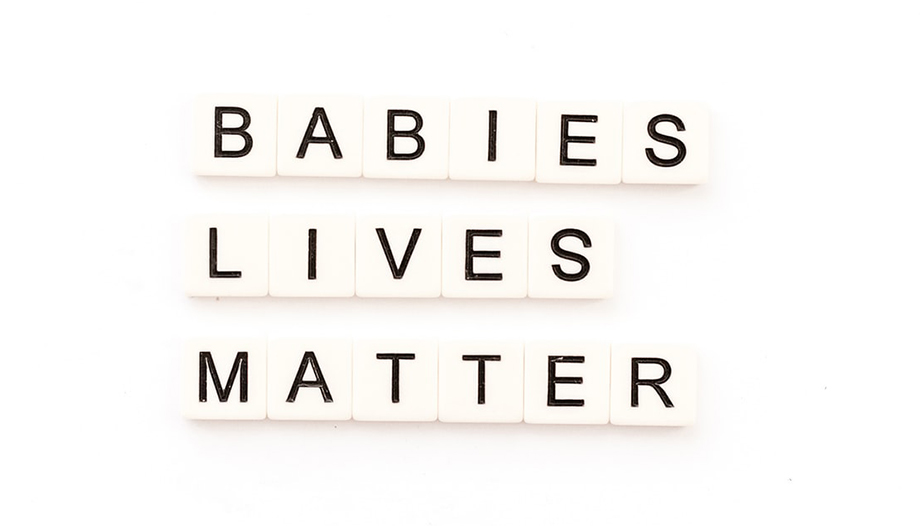That's the thing about good writers. They are always current.
I am rereading a text by Julián Marías from 1975 from the book Real Spain that when read with a historical perspective one cannot help but wonder whether it refers to the Franco dictatorship or to what Benedict XVI called 'the dictatorship of relativism' that we are living today.
I leave it to the reader to judge.
As long as a people remains alert, with historical vitality, with mental health, with lively beliefs, with capacity for reaction and initiative, it can withstand a clumsy, immoral, oppressive political regime, without this meaning the annulment of freedom. Political freedom may be minimal, almost non-existent, but considerable social and personal freedom can persist, which is even more important.
On the other hand, excessive leveling, homogeneity, the absence of tensions and 'differences of potential' within a society, the constant hammering of uniform ideas or pseudo ideas in schools, in the University, in the Press, in all the media, the lack of discrepant and creative individualities, can lead a society, formally governed in an admirable manner, to a tremendous demoralization, to a passivity that means, if one looks at things squarely, an annulment of freedom.
Julián Marías
The curious thing about the article is that our philosopher does not talk about politics, but he talks about the abortion and analyzes its social repercussions following its expansion in Sweden in those years.
A matter in which Julián Marías saw at stake a whole way of seeing society, human relations, the very destruction of freedom, which are being undermined from below, from their roots.
What would this great defender of freedom say today? Would he find an alert people, capable of resisting? Or would he rather have succumbed to the 'continuous hammering of pseudo-uniform ideas in the schools, in the University, in the Press' and today we would add in the social networks of the Internet?
I fear that we are in times in which this dictatorship is advancing at an accelerated pace. The news of the arrest in Great Britain of the Catholic priest Sean Gough and of Isabel Vaughan Spruce for praying in silence in front of an abortion clinic give us a glimpse of the path of that 'tremendous demoralization' that means the annulment of freedom, as Julián Marías predicted.
And the actions that are coming, especially from the elites who guide UN policies, are along the same pro-abortionist lines, rejecting as "harmful" and "discriminatory" values those that defend the family and life as the foundation of society.
The unique thought based on a new anthropology and that wants to configure a new social order advances and wants to colonize, imposing itself by the force of law, all the spaces of life.
Most people do not know how to act in the face of this pressure. We impose on ourselves a self-censorship that leads us to keep quiet, at least in the public sphere. And although we know that the king is naked, we dare not say so for fear of reprisals.
I return again to the text by Julián Marías in search of answers on what to do in this situation.
The future of freedom depends on a problem of balance. If there is a sufficient number of men and women capable of exercising their personal freedom and not allowing themselves to be imposed by any kind of terrorism -from that of machine guns to that of fashions or 'science'-, (...) the current immense offensive against freedom will be overcome, and freedom will prevail.
And in a few years, men will wonder how they could have been fascinated by such a stupid nightmare.
Julián Marías
We bravely exercised that freedom against machine-gun terrorism years ago. The brutal force of the attacks did not silence the conscience of many of our fellow citizens. And now, with time, we wonder how people could be fascinated and even justify murder for political reasons.
But the terrorism of fashion or of 'science', as defined by Julián Marías, seems to be more lethal in this loss of freedom than the same terrorism of machine guns.
And so the fear of social stigma, of political death, silences the voices of the necessary discrepancy for the survival of conscience. We are still fascinated by this nightmare. Many years have passed and we still have not woken up from this bad dream. Perhaps this is the main problem.
I return to the master and conclude with his words, which I believe perfectly describe the moment we find ourselves in:
But if a few years pass without this happening - perhaps no more than a decade - the lack of freedom will be firmly established, freedom will be extirpated for a long time, and the world will enter one of its long dark ages in which the human condition is reduced to the indestructible minimum without which it is not possible to live, until the vocation for life as freedom slowly germinates again.
Julián Marías
Teaching Delegate in the Diocese of Getafe since the 2010-2011 academic year, he has previously exercised this service in the Archbishopric of Pamplona and Tudela, for seven years (2003-2009). He currently combines this work with his dedication to youth ministry directing the Public Association of the Faithful 'Milicia de Santa Maria' and the educational association 'VEN Y VERÁS. EDUCATION', of which he is President.








